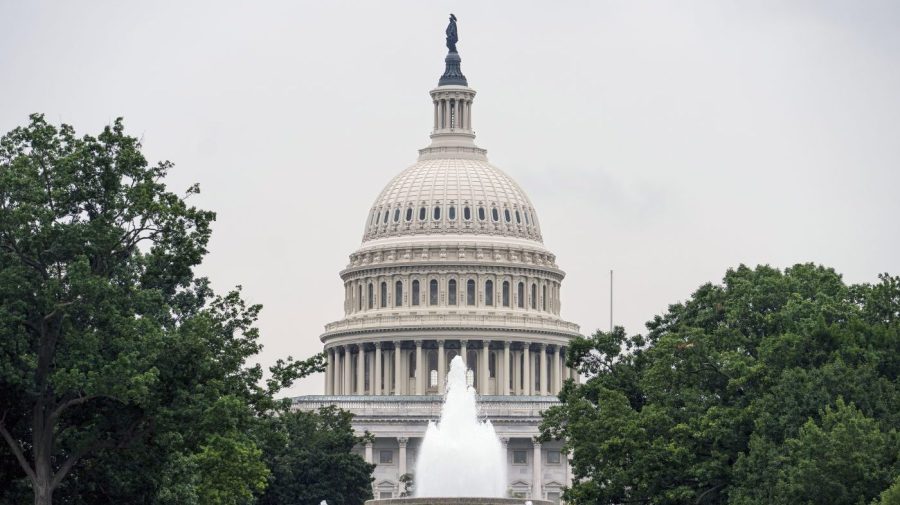
Progressive staffers on Capitol Hill are proposing an idea to shorten their workweek to 32 hours.
The Congressional Progressive Staff Association sent a letter to leaders of the House and Senate, proposing a shorter workweek, arguing the reduction would improve the work done on the Hill.
The letter, addressed to Speaker Mike Johnson (R-La.), House Minority Leader Hakeem Jeffries (D-N.Y.), Senate Majority Leader John Thune (R-S.D.) and Senate Minority Leader Chuck Schumer (D-N.Y.), said adopting the proposal would “improve worker satisfaction, increase staff retention,” and model a sustainable work approach nationally.
“By adopting a 32-hour workweek for staff on a rotating basis, you can accomplish these goals while retaining the productivity and quality of work you expect and deserve from your team,” they wrote in the letter, first reported by Politico.
The staffers highlighted the “demanding and intensive” work that goes on behind the scenes of Congress, noting they often work long, rigorous hours that often lead to burnout and premature resignations
The group argued that it’s a poor outcome both for the staff and the member of Congress, who must hire new employees and disrupt the office’s workflow. With a shortened workweek, the staffers continued, longer tenures could be the norm, and work would be more effective and efficient.
In the letter, they outlined a proposal that the 32-hour week would be in place for D.C.-based staff when the member of Congress is out of session or working in their district or state offices. It would be in place for district staff when the member is in session in Washington.
Their proposal highlighted studies on businesses that have transitioned to a 4-day workweek that have not seen a drop in productivity but an increase. Workplace satisfaction has also skyrocketed at those businesses, per the staffers’ assessment.
The association noted that some members may be interested in the shorter workweek but may be hesitant. The letter suggested a 6-month trial, where members could test how well their staff works under the new model.
The idea was immediately criticized by Rep. Ritchie Torres (D-N.Y.). In a post on X, Torres questioned why the progressives weren’t being “bold” and asking for a “0-hour workweek.”
“I wonder how blue-collar Americans would feel about white-collar workers demanding a 32-hour workweek,” he said.
The association posted in response that the 32-hour workweek shouldn’t be a “special perk” for government employees, but rather the implementation of the idea would be setting an example nationwide that it would increase productivity.
“Don’t buy it? Try it out!” the group said. “If the quality of amount of work your staff does decreases, we’ll stand corrected.”
Legislation around the idea has been previously introduced in both chambers of Congress, including a 2023 bill spearheaded by Rep. Mark Takano (D-Calif.), which proposed amending the Fair Labor Standards Act to shorten the standard workweek by eight hours for non-exempt employees. Sen. Bernie Sanders (I-Vt.) unveiled a similar bill in the upper chamber last year, but received pushback from his GOP colleagues.
The Hill has reached out to the Congressional Progressive Staff Association for more information.












